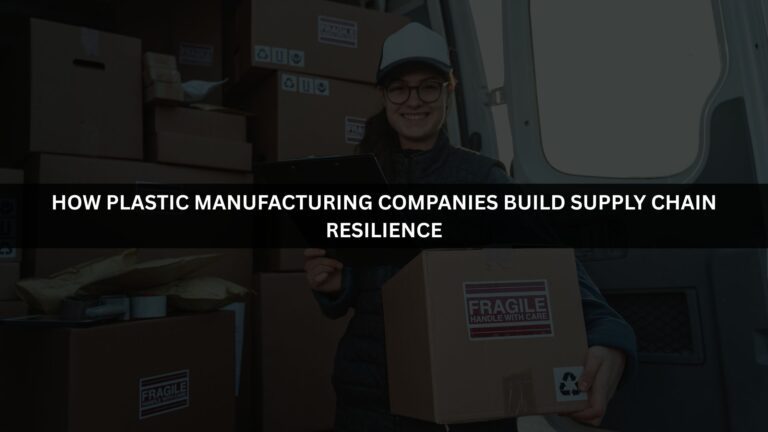As our loved ones age, the decision of how best to care for them becomes one of the most emotional and personal choices a family can make. The choice between professional elderly care services and informal family caregiving is not just a practical matter but one tied deeply to love, responsibility, and sometimes even guilt. To make an informed decision, it’s vital to understand the differences between these two approaches and how they impact both the older adult and the caregiver.
Understanding Elder Care Services and Informal Family Caregiving
Elder care comes in many forms, but at its core, it ensures the health, comfort, and emotional well-being of older adults. Professional elderly care services and informal family caregiving represent two distinct paths, each with its own set of benefits and challenges.
Professional elder care services involve trained and often licensed professionals who provide care either in a facility, such as a nursing home, or at home. Services are tailored to an individual’s needs, ranging from medical support to assistance with daily activities. On the other hand, informal family caregiving is offered by family members, often untrained, who take on the responsibility of caring for their aging loved ones, usually at home.
The differences between these approaches go beyond their definitions. They encompass the level of expertise, emotional dynamics, financial considerations, and long-term sustainability.
The Benefits of Professional Elderly Care Services
Professional elderly care services bring expertise and reliability to the table. These services can cover a wide spectrum of needs, from highly skilled nursing for chronic health conditions to simple companionship for those who feel isolated.
1. Round-the-Clock Support and Specialized Training
Professional caregivers are trained to handle the complexities of elder care, including medical emergencies, rehabilitation, and dementia support. Whether the care occurs in a facility or through elder care services at home, the client benefits from expertise that a family caregiver may not possess. For individuals with Alzheimer’s, Parkinson’s, or other progressive conditions, access to trained professionals can make a significant difference in quality of life.
2. Personalized Care Plans
Elder care services often begin with a thorough assessment of the individual’s physical, emotional, and lifestyle needs. Based on this evaluation, a personalized care plan is developed. This ensures that the elderly person receives the right balance of medical assistance, emotional support, and social activity.
3. Relief for Family Caregivers
Caring for an aging parent or loved one is rewarding, but it can also be emotionally and physically draining. Professional services can step in to provide respite care, allowing family members to focus on their relationship with their loved one rather than the daily tasks of caregiving.
The Rewards and Challenges of Informal Family Caregiving
Family caregiving is a deeply personal choice, motivated by love and a sense of duty. For many, caring for an aging loved one at home provides an opportunity to repay the affection and care they received growing up. However, this noble role has its own hurdles.
1. A Bond Built on Love
Family care offers a personal touch that professional services cannot always replicate. Unlike caregivers who may rotate shifts, family members are constants in their loved one’s life. This sense of familiarity can help elderly individuals feel safer and more emotionally secure.
2. Flexibility in Daily Care
Unlike structured services, family caregiving allows for a flexible schedule. Caregivers can adjust routines to accommodate their loved one’s unique needs. This can be especially valuable in fostering a sense of normalcy.
3. High Emotional and Physical Demands
While family caregiving can be rewarding, it often comes at a cost. Providing elder care at home requires significant time and energy. Family caregivers frequently juggle their own work, families, and personal needs, leading to stress, burnout, and even health problems.
4. Lack of Professional Expertise
Though love and dedication are immeasurable assets, medical and procedural know-how is equally important in elder care. Many family caregivers lack the training to manage chronic illnesses, medications, or mobility issues effectively.
Financial Implications of Both Options
When choosing between professional elder care services and family caregiving, finances are often a major consideration. Professional elder care, whether in a facility or through at-home services, tends to be more expensive. Services such as nursing homes or live-in assistance may strain budgets, but they do provide peace of mind and consistent care.
Conversely, family caregiving may seem more affordable because it eliminates fees. However, the hidden costs—missed work, healthcare issues for the caregiver, or home modifications—can add up over time.
Emotional Complexities of the Decision
Regardless of the choice, this decision is filled with emotions. Family members often feel guilt for even considering professional care, as if they are failing their loved one. However, it’s crucial to remember that seeking outside help doesn’t mean a lack of love—it reflects a desire to provide the best care possible. Similarly, family caregivers sometimes struggle with feelings of resentment or overwhelm, which are normal but difficult emotions to confront.
The key is to prioritize the well-being of all involved. Professional care services can provide peace of mind, knowing there’s expert help available, while family caregiving fosters intimacy and a greater sense of involvement. The ideal path may even combine both options, striking a balance between professional support and family love.
Making the Right Choice for Your Family
Choosing between professional elder care services and informal family caregiving is not a one-size-fits-all decision. Every family is different, and every older adult has unique needs. Start by evaluating your elder’s health, your family’s resources, and the level of commitment you can reasonably handle.
Remember, whether you choose elder care services at home, a professional facility, or full-time family caregiving, the goal is to ensure your loved one feels cared for, respected, and valued in their later years. At the heart of this decision is love—and with that as your guide, you’ll make the choice that’s right for your family.












